By Brent Cooper and Lee Crume
The COVID-19 pandemic itself is now thankfully behind us for the most part. Its impact, however, is being felt and likely will linger as Northern Kentucky employers find themselves following the national trend of struggling to fill job vacancies. At the Northern Kentucky Chamber of Commerce and Northern Kentucky Tri-ED, we’ve identified talent, attraction and retention as our region’s primary challenge.

To address this issue, our region should embrace and prioritize diversity, equity, and inclusion (DEI) in both population growth and workforce. In our view, DEI constitutes smart business, not polarizing politics. We believe embracing DEI is not only the right thing to do; there is also a compelling business case for doing so – building better businesses. Drawing diverse talent to our region will foster creativity, innovation and economic growth.
Northern Kentucky’s population is currently growing at only half the national average. This is true even though we score relatively high on many quality-of-life indicators like cost of living, public safety, employment opportunities and education. It is imperative that we ask ourselves some essential questions as to why this is the case.
This January, the Center for Economic Analysis and Development at Northern Kentucky University (NKU) released a report which may provide some insight. According to NKU, our region is less racially diverse than the U.S. overall and likely to remain so going forward. Within our community there are significant gaps among minorities compared to whites in several key categories like education, poverty and home ownership. These factors make NKY less attractive to diverse talent from other parts of the country.

In contrast, there are regions around that country that seem to have figured this out. Cities like Austin and Nashville are growing at nearly four times our rate. We cannot afford to lose talent to other regions that are more welcoming and inclusive. For Northern Kentucky to experience continued economic growth, it is imperative that all people feel welcomed and valued.
Both the NKY Chamber and Tri-ED set up DEI initiatives last year to support businesses and help grow our region. This June, we hosted the Racial Equity Institute’s (REI) webinar on The Groundwater Approach, “groundwater” is a metaphor REI uses to help organizations see and understand how inequality affects every aspect of our society. In the same way groundwater permeates the soil, inequities flow through society. Embracing DEI can help stop the flow of inequity and bolster our economy.
The Site Selectors Guild is an association of the world’s foremost professional site selection consultants who advise companies across the globe in every industry in every function. At their recent conference, Duncan Wardle, Disney’s former head of Innovation and Creativity, said people who don’t look like you often don’t think like you, leading to different thoughts to produce better ideas and solutions. McKinsey and Company, a leader in the field of consulting in multiple industries, has reported on DEI initiatives via its Diversity Wins reports since 2014. Their most recent findings confirm Wardle’s assessment: Organizations with top-quartile diversity in leadership teams are 36 percent more likely to outperform their peers in earnings before interest and taxes. That is money our region cannot afford to leave on the table.
The business case is clear. Northern Kentucky must embrace DEI and demonstrate to the world that our community is welcoming to all. Our economic vitality depends on it
Brent Cooper is president and CEO of the Northern Kentucky Chamber of Commerce and Lee Crume is president and CEO of Northern Kentucky Tri-ED.







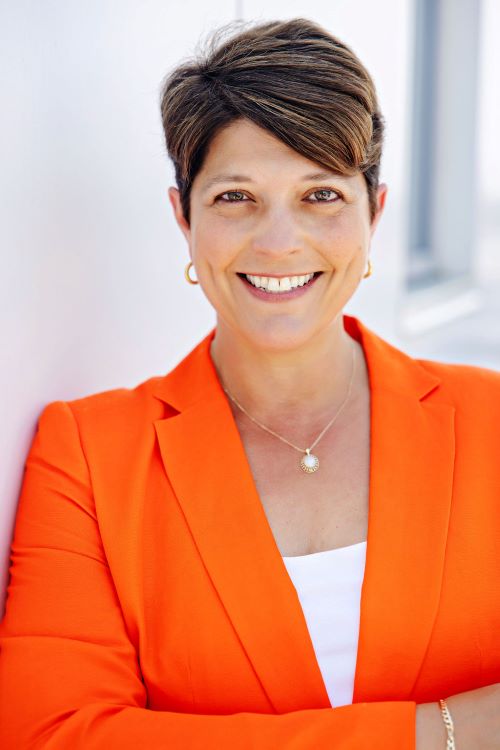
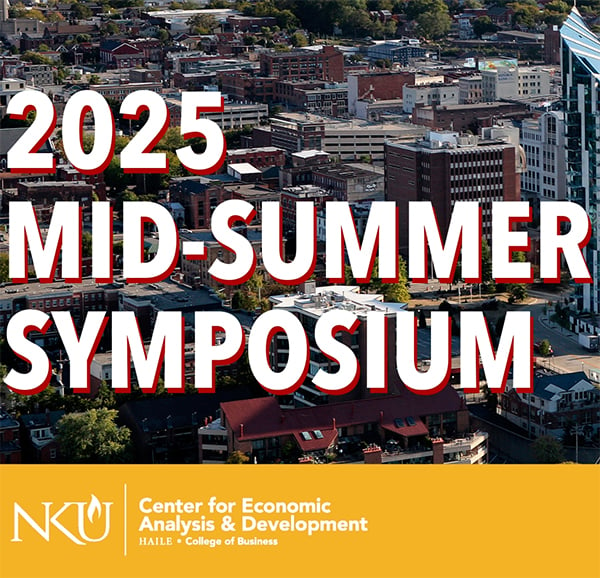
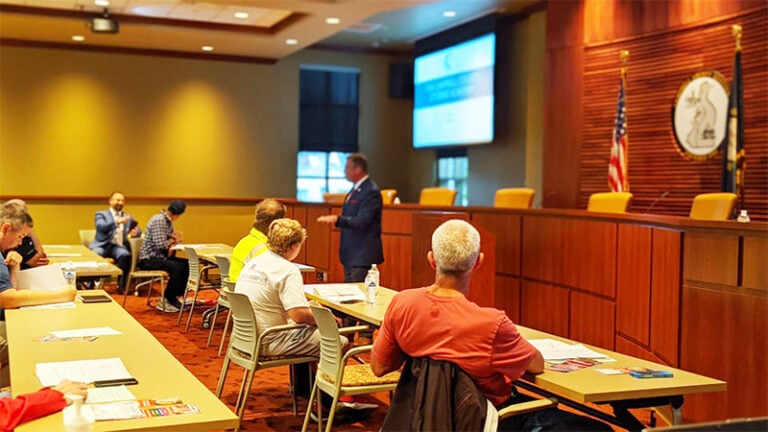





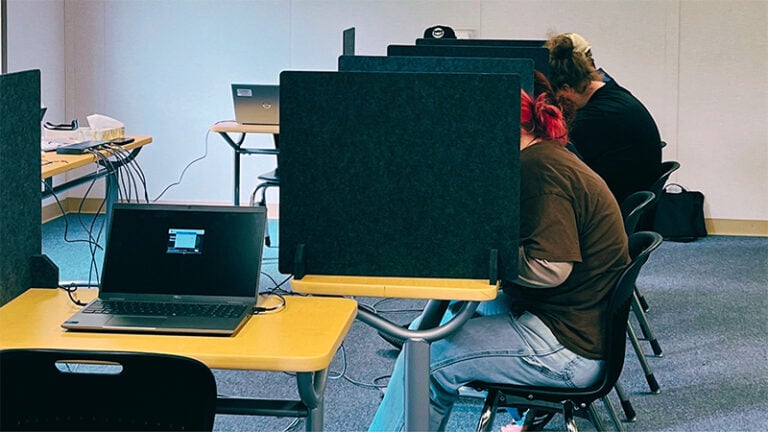
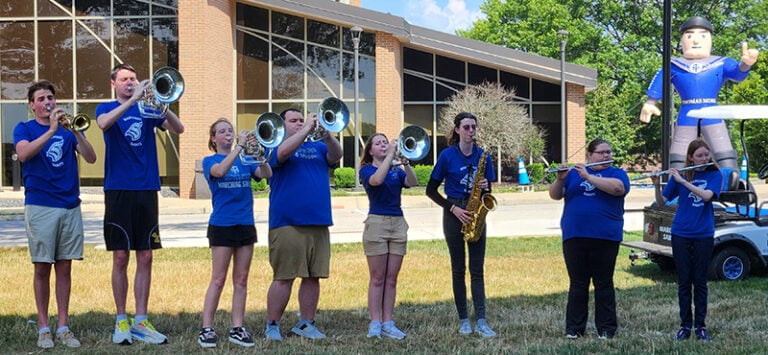

Brent Cooper, might I suggest another avenue of diversity that could greatly assist in filling job vacancies: people with disabilities. Many vacancies could be filled if employers looked to staff with disabilities and many jobs could be created in the housing industry if the builders remembered that 17% of the population are disabled and need to utilize universal design in their housing.
Companies from outside the area who already recognize the talents of the disability population will be less likely to come into NKY if we don’t have the infrastructure necessary for their employees and their families. The more inclusive our infrastructure, the more people will want to come here for employment.